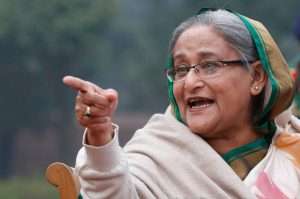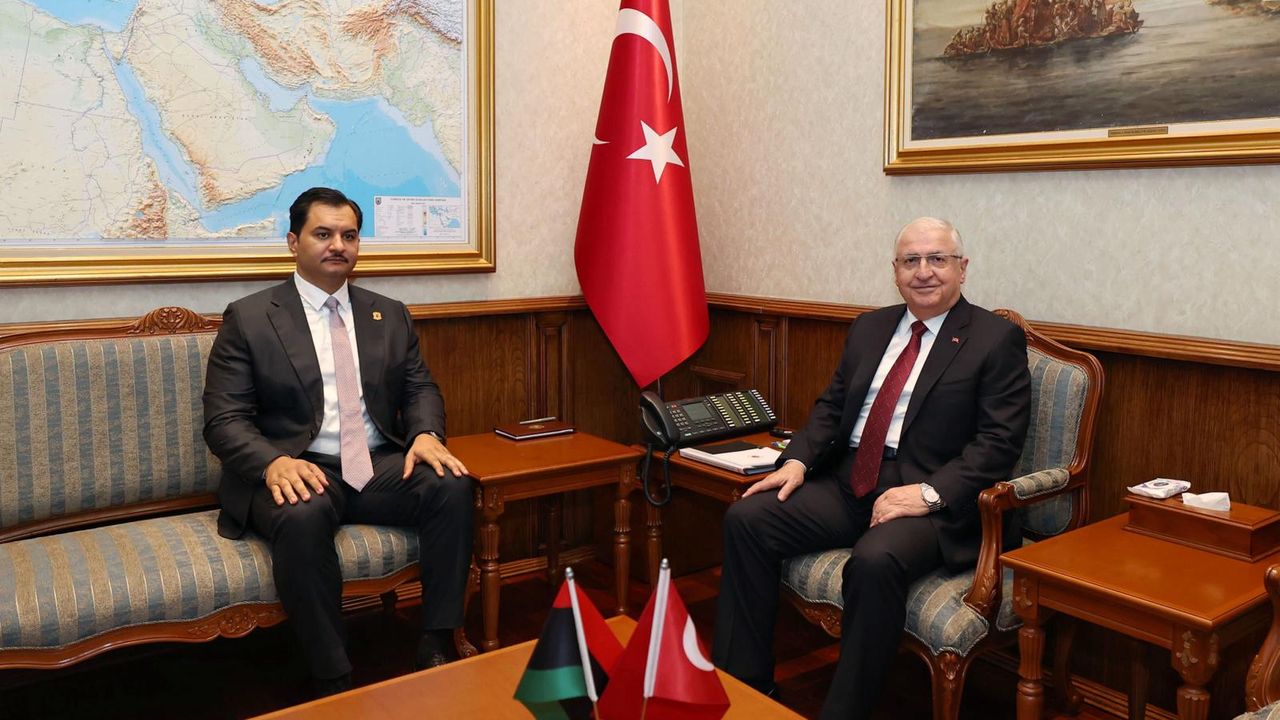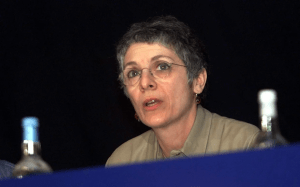Akhannouch Criticism Grows Among Moroccans

Moroccans are at breaking point as the costs of basic commodities and diesel are still high and in some cases even climbing despite promises from the government to reverse the trend
Moroccan trade union activists protested on February 19th in the capital Rabat and other cities to denounce surging costs of food and fuel, defying a government ban against marches, reports AFP.
Protesters from the Democratic Labour Confederation (CDT) staged rallies outside their offices in Rabat and Casablanca as well as other cities “following the decision of the authorities to ban marches,” senior CDT member Rajae Kassab said.
Morocco banned marches due to a “health state of emergency” put in place during the Covid-19 pandemic and still in force, according to a letter from the interior ministry to CDT, which was seen by AFP.
In Rabat, several dozen demonstrators surrounded by police officers chanted slogans against “the deterioration of purchasing power.”
“We came… to alert officials to the tense social situation,” CDT official Rachid Lemhares told AFP.
Morocco has seen months of rising prices and growing calls for caps on energy firms’ profits. Soaring costs of food in recent days have provoked stiff criticism from trade unions, the opposition and the media.
Inflation peaked at 8.3 percent at the end of 2022, fueled by the effects of the war in Ukraine and shifts in global supply chains, according to the World Bank although over the next year and beyond economists predict a cooling off period where prices will normalise once again.
But this may not be soon enough for angry masses who are protesting for more urgent moves by the government which is struggling to cope with an unemployment rate of young men standing at 25% and diesel still priced at around 14 dirhams a litre (compared to 11 dirhams before the start of the Ukraine war).
Rabat has blamed recent price increases on speculation on basic goods, and government spokesman Mustapha Baitas on February 16th announced the seizure of 192 tons of such products.
Prime Minister Aziz Akhannouch has promised to “strengthen market control” and lower prices in the coming days, and subsidies have been issued for basic necessities such as petrol, gas and flour.
Want to chase the pulse of North Africa?
Subscribe to receive our FREE weekly PDF magazine













